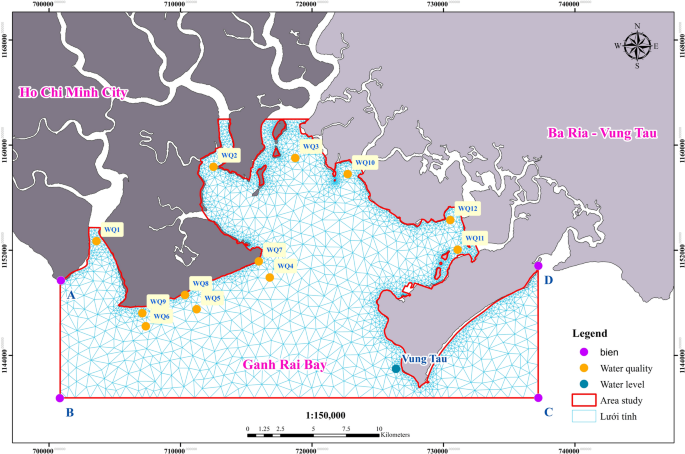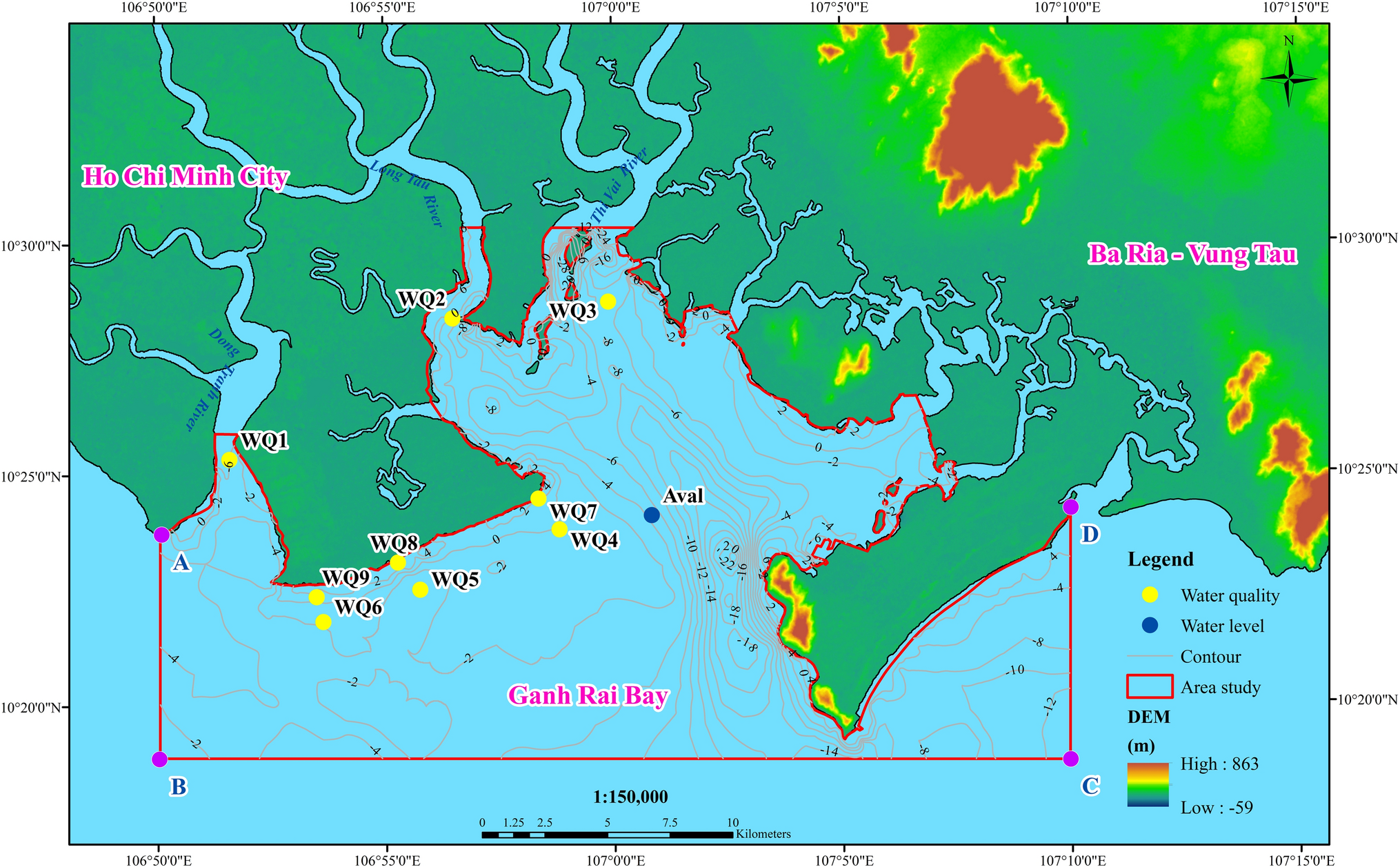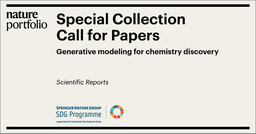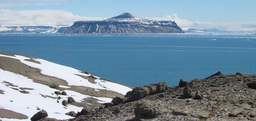Call for papers: SDG 14-Progress Towards Pollution Control and the Sustainable Use of Marine Resources
Published in Earth & Environment

Springer Nature SDG 14: Life Below Water
A new topical collection by Archives of Environmental Contamination and Toxicology “SDG 14 – Progress Towards Pollution Control and the Sustainable Use of Marine Resources” is now calling for papers!
🔹 What is it about
• Marine pollution & chemical contaminants
• Ecotoxicology and ecosystem health
• Sustainable use of ocean resources
• Science-based solutions to reach SDG 14 (Life Below Water)
🔹 Why does it matter
• Oceans are under threat from waste, chemicals, and climate change.
• SDG 14 is one of the most endangered global goals.
• At the 2025 UN Ocean Conference in Nice, countries committed to 800+ voluntary actions for ocean protection.
🔹 Important dates & participation
• Submission opens: 31 October 2025
• Deadline: 2 March 2026
• This collection is organized by recognized ocean scientists and environmental chemists : Isabella C. Bordon, Ana Carolina Mazzuco, Bianca Reis Castaldi Tocci, Camila Keiko Takahashi and Rachel Ann Hauser Davis.
🔹 How can you get involved
• Are you researching solutions to marine pollution, ecotoxicology, ocean chemistry, or related fields? 🌊 This is your chance to share your work with a global audience and help shape the path toward healthier oceans.
• Spread awareness: share this initiative with your networks.
• Stay tuned as the special collection publishes cutting-edge studies on SDG 14 progress.
🔹 Prepare your work
• Please read our submission guidelines to understand how to prepare your contribution.
• Submit your paper here.
Let’s raise our voices (and papers) for healthier oceans! 🌍💙
#SDG14 #LifeBelowWater
Follow us on Bluesky and Linkedin
#OceanHealth #MarineScience #PollutionControl #ScienceForSustainability #SpringerCollection
Follow the Topic
-
Archives of Environmental Contamination and Toxicology

This journal publishes full-length, peer-reviewed scientific articles describing new discoveries related to contamination of air, water, soil and biota.






Please sign in or register for FREE
If you are a registered user on Research Communities by Springer Nature, please sign in